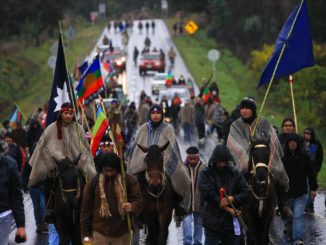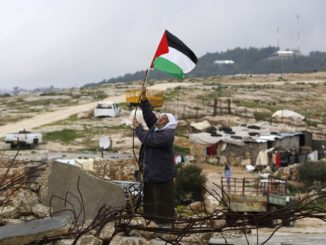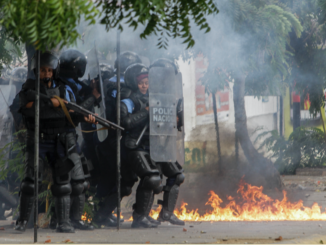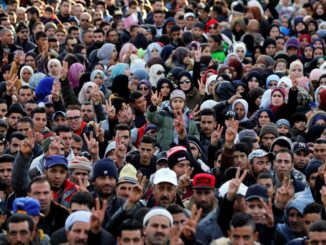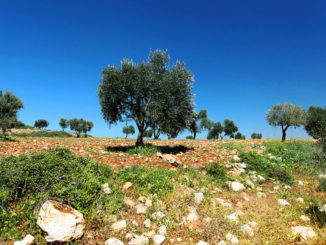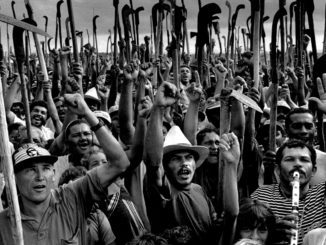
Occupy, Resist, Produce: The Strategy and Political Vision of Brazil’s Landless Workers’ Movement
Brazil’s Landless Workers’ Movement (MST) is one of Latin America’s largest social movements. For decades the MST has operated under their slogan "Occupy, Resist, Produce” to settle landless farmers on unused land in Brazil, where roughly 3% of the population owns over 2/3 of arable land. “In whatever society, and even more so in Brazil, social change doesn’t depend on the government but on the organization and the mobilization of society," said MST leader João Pedro Stédile. "It is the people that make the change.”

